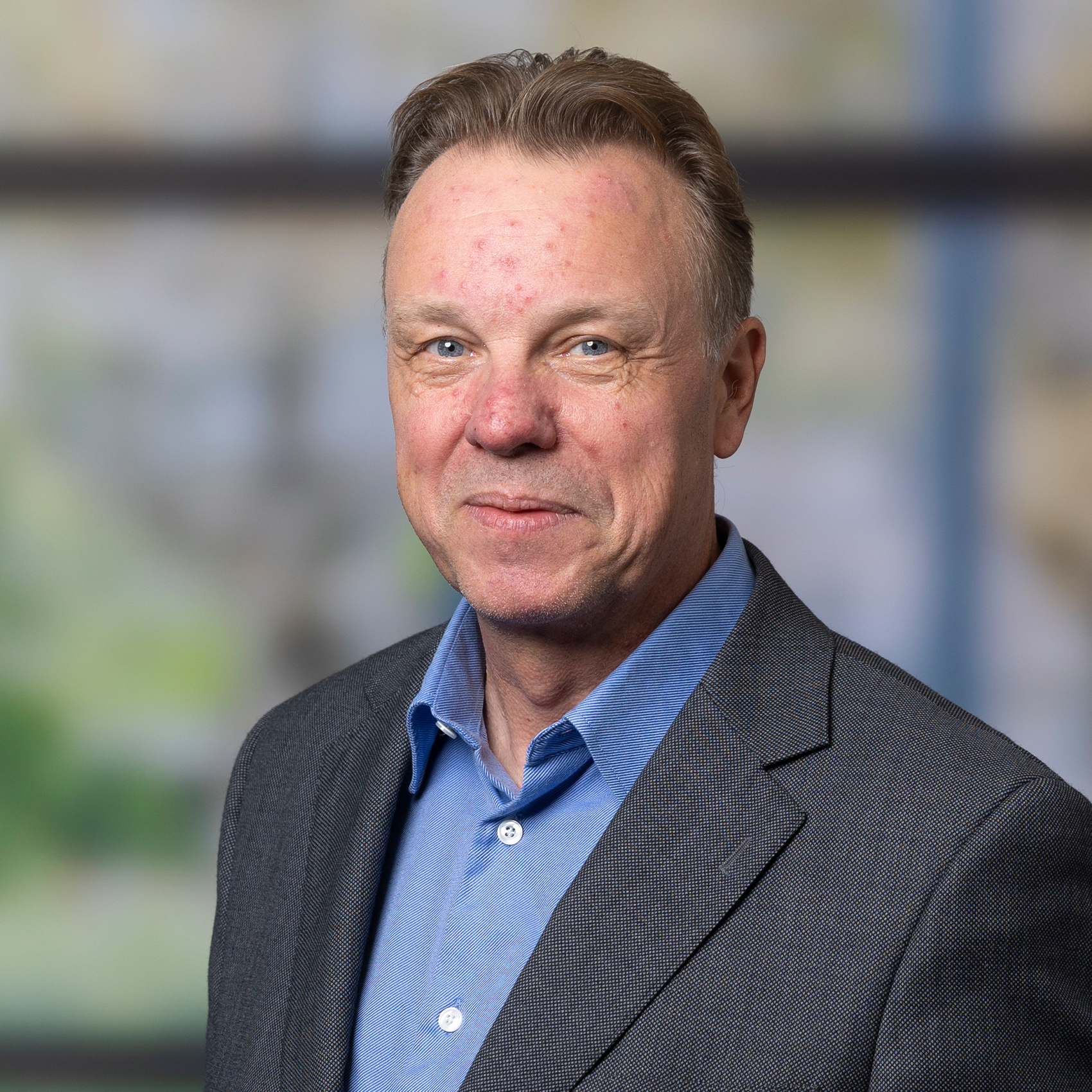Talk with the professors - Robert Verburg
Robert Verburg
Robert is an Associate Professor who does his research in the area of technology and innovation management. His research focuses on leadership, management, entrepreneurial behaviour, knowledge processes and innovation.
According to you, why should engineers choose to pursue MOT?
In MOT we look for people who are strongly rooted in technology and with a strong passion for business and management issues. As such, engineers are very well suited to pursue MOT and the only ones we will admit. Our students come from different technology domains and the program offers students the opportunity to learn from other disciplines. From the start MOT has also been an international master program of which at least 50% of our students comes from abroad. The diversity in both disciplinary technical background and national culture offers students of MOT the opportunity to experience several aspects of technology and innovation management within an international context.
What should students expect from the MOT program?
I am totally biased but I would say: “expect great things”. The lectures are interesting, up-to-date with current technologies and delivered by a staff of active researchers in their fields of inquiry. The wide range of topics of the different courses allow our students to broaden their perspective and to learn a lot. There is also lots of fun interacting with students from different engineering and cultural backgrounds within and outside of the class room.
What do you think makes MOT different from other programs in management?
The MOT program was originally launched by us in response to a growing need to educate engineers in the area of business management. At that time, traditional programs in the area of business and management education, such as MBA programs, were heavily critiqued. A common point of concern was the fact that educating managers for the sake of management does not seem to make much sense. Especially, since many work processes become more and more complicated and technology-based, it pays off for a manager to be able to understand these technologies rather than being trained as just a manager. In that sense, managers should not be disassociated from context and experience of technology. In the end of the day, MOT remains an advanced engineering degree offered by an university of technology.
What is your research area, and how does this relate to the MOT program?
My research focuses on leadership, management, entrepreneurial behaviour, knowledge processes and innovation. This has strong ties with the technology, innovation, and organization cluster of the MOT program. Here I teach the course on Leadership and Technology Management.
How has your experience been at the faculty of TPM?
As a multidisciplinary faculty TPM provides a good home for MOT. We are also lucky to be at Delft University of Technology where novel technologies are more or less produced on a daily basis within our wide range of labs. These are perfect conditions for a program dealing with the ins and outs of technology and innovation management.
